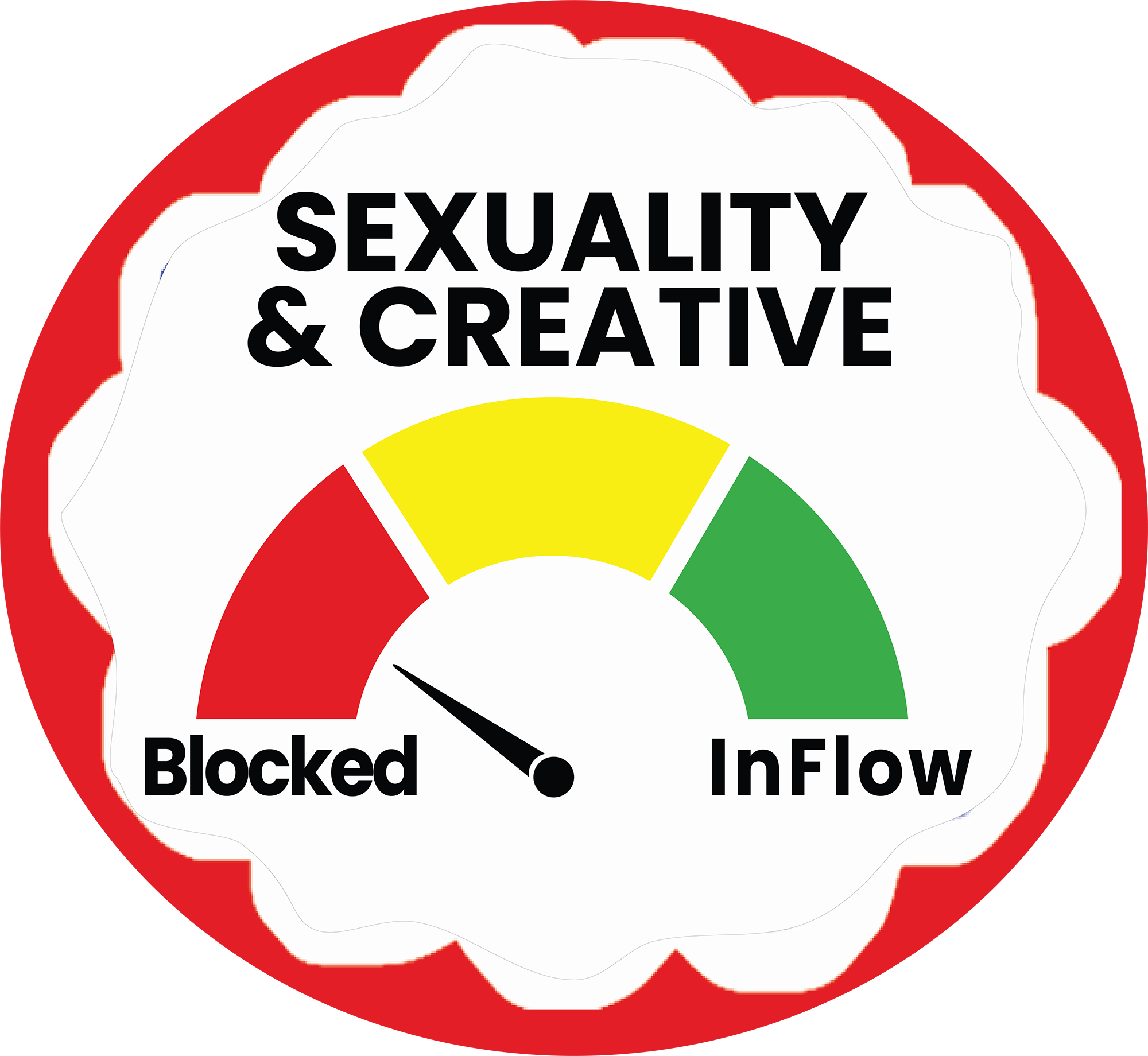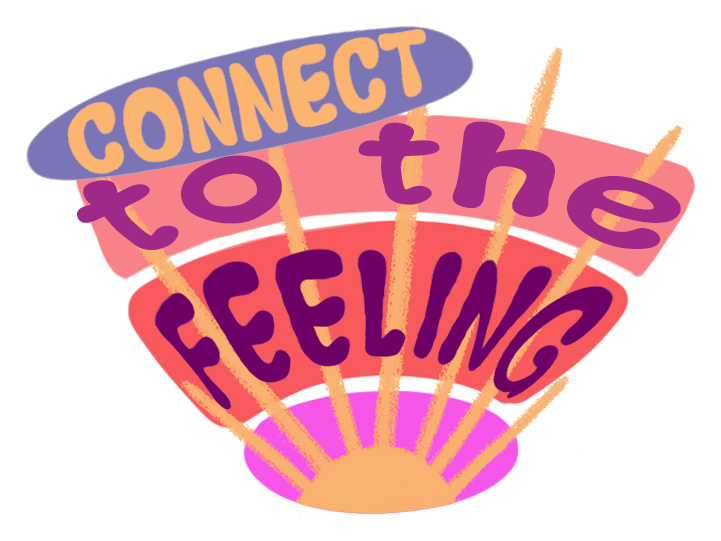Stage Two: Where Drive, Creativity & Desire Begin ~ Where Many Men Get Stuck

BLOCKED
YOUR RESULTS
Can You Believe Our Sexuality Develops Before Our Sense of Self?
From the ages of One to Two, we begin to discover our physical bodies. We transition from crawling to walking—and even running. During this stage, we start learning about our physical selves, becoming more aware, and possibly engaging in self-touch as part of natural exploration.
This early period lays the foundation for your sense of your own sexuality and relationship with your body.


Stage Two: Where Drive, Creativity & Desire Begin ~ Where Many Men Get Stuck
Can You Believe Our Sexuality Develops Before Our Sense of Self?
From the ages of One to Two, we begin to discover our physical bodies. We transition from crawling to walking—and even running. During this stage, we start learning about our physical selves, becoming more aware, and possibly engaging in self-touch as part of natural exploration.
This early period lays the foundation for your sense of your own sexuality and relationship with your body.

YOUR RESULTS: BLOCKED
THE ENERGY OF SEXUALITY & CREATIVITY: One to two years of age
HELD IN YOUR BODY AT your MID-STOMACH
Unless reprogrammed, we continue to operate according to the original programming established during our second developmental stage, between the ages of one and two.
However, our sense of sexuality remains highly malleable throughout life and can be profoundly shaped by sexually traumatic experiences.
Some key factors contributing to blocks and held trauma during your Second Development Cycle, Did You Experience:
Some key factors contributing to blocks and held trauma during your Second Development Cycle, Did You Experience:
- Mobility: If your play, running, and other physical activities were overly controlled or restricted.
- Sexual: Any form of sexual abuse—particularly during early childhood or before the age of nine—can dramatically affect our sense of sexuality and behavior around it. However, deep sexual trauma can occur at any age.
- Self-Exploration: If parents stopped or shamed you for touching yourself, it could inhibit healthy self-discovery.
- Mirroring: A lack of emotional mirroring from parents can make it difficult to connect emotions with social expressions. This can lead to challenges in expressing feelings and create strain in social relationships later in life.
- Physical Abuse: Experiencing physical abuse can disrupt the connection between body awareness and emotional safety
- Affection: Receiving frequent, nurturing hugs from both parents fosters a sense of security and bodily comfort.
Having A High Sex Drive Doesn’t Necessarily Mean You’re A Sex Addict!
Those carrying blocks/trauma in this area are at a higher risk of developing the following addictions or emotional patterns:
Note: Even if you don’t identify with these patterns, you might still be at risk if you experience a highly stressful or traumatic event.
